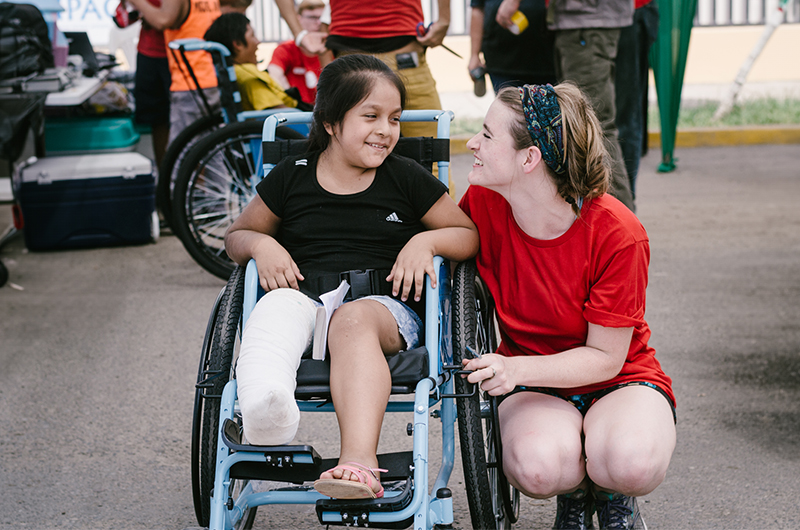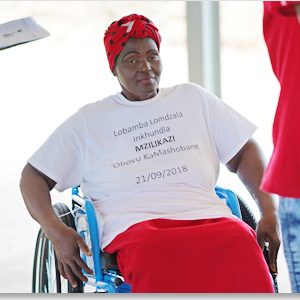
Words hold great power.
That’s why it is so important to use language that’s respectful and validating. Language changes as culture changes and it is important to be aware and listen to the people in those communities. To help, we have compiled some valuable tips to keep in mind when it comes to disability.
Use the Person’s Language Preference:
Every person is different and may have different preferences. Listen to how someone refers to themselves. If someone tells you what they prefer, use that language. In general, both person-first language and identity-first language can be respectful.
“Person-first language” emphasizes the individual, prioritizing their personhood over their disability. This is commonly used in writing and in the medical field. It’s a subtle yet powerful shift in perspective that fosters inclusivity and recognition of each person’s humanity.
For instance:
- Person with a disability
- Woman with a brain injury
- Individual with bipolar disorder
- Man with cerebral palsy
“Identity-first language” emphasizes that the person’s disability is an important part of who they are and it is not possible to separate it from who they are as a person. “Disabled” and “disability” are not bad words. Some disabled communities prefer to use identity-first such as the Autistic community and the Deaf community.
For instance:
- Disabled person
- Autistic child
- Deaf person
- Wheelchair user
Again, due to diverse perspectives, it is important to understand how each individual prefers to be addressed.
Stop Using Outdated Language:
As language evolves, terms that were once commonplace may now be considered disrespectful, patronizing, or derogatory. It’s essential to stay informed and update our language accordingly.
Examples include:
- Instead of “handicap” or “handicapped,” use the term “accessible” when referring to accommodations for people with disabilities (ex. “Accessible parking”).
- Avoid terms like “differently abled,” “special needs,” and “crippled.”
Steer Clear of Limiting Adjectives:
Words have the power to shape perceptions. When describing individuals with disabilities, it’s vital to avoid adjectives that undermine their capabilities or define them solely by their condition.
Some examples include:
- Avoiding terms like “limited,” “abnormal,” or “afflicted.”
- Refraining from labeling individuals as “poor” or “unfortunate” based on their disability.
Ultimately, the language we use reflects our attitudes and values towards others. By embracing people’s language preferences, we promote a culture of inclusivity and acceptance.
Together, we can continue to advocate for respectful language and accessibility for individuals with disabilities. Join us in learning more and helping to provide the gift of mobility to individuals in developing countries at FreeWheelchairMission.org.
Resources:





